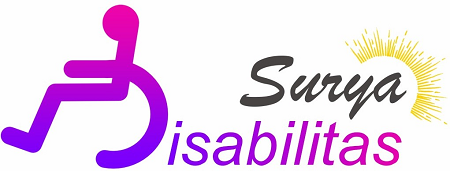Early intervention is a term that refers to the provision of specialized services and support for children who are at risk of developmental delays or disabilities, and their families. Early intervention aims to enhance the child's development, prevent or minimize the impact of impairments, and promote the child's participation and inclusion in various settings and activities.
The scope of early intervention is broad and encompasses different aspects of the child's development, such as cognitive, physical, social, emotional, communication, and adaptive skills. Early intervention also addresses the needs and concerns of the family, such as providing information, guidance, counseling, training, and emotional support.
Early intervention can be delivered in various ways, depending on the child's needs and preferences. Some examples of early intervention services are:
- Screening and assessment to identify the child's strengths and areas of need
- Individualized family service plan (IFSP) to set goals and strategies for the child and family
- Home-based services to provide instruction and coaching for the parents or caregivers
- Center-based services to offer structured learning activities and peer interactions for the child
- Community-based services to facilitate the child's access and participation in natural environments, such as preschools, playgrounds, libraries, etc.
- Transition services to prepare the child and family for the next stage of education or service delivery
The benefits of early intervention are well-documented and supported by research. Early intervention can:
- Improve the child's developmental outcomes and academic achievement
- Reduce the need for special education and related services in later years
- Enhance the child's self-esteem and social skills
- Strengthen the family's coping skills and resilience
- Save costs for society in terms of health care, education, and social welfare
Early intervention is a crucial step in addressing the needs of at-risk children and their families. By providing timely and appropriate services and support, early intervention can make a positive difference in the lives of children and families, as well as society as a whole.


Post a Comment for "Scope of Early intervention: Addressing the “At-Risk” Children"